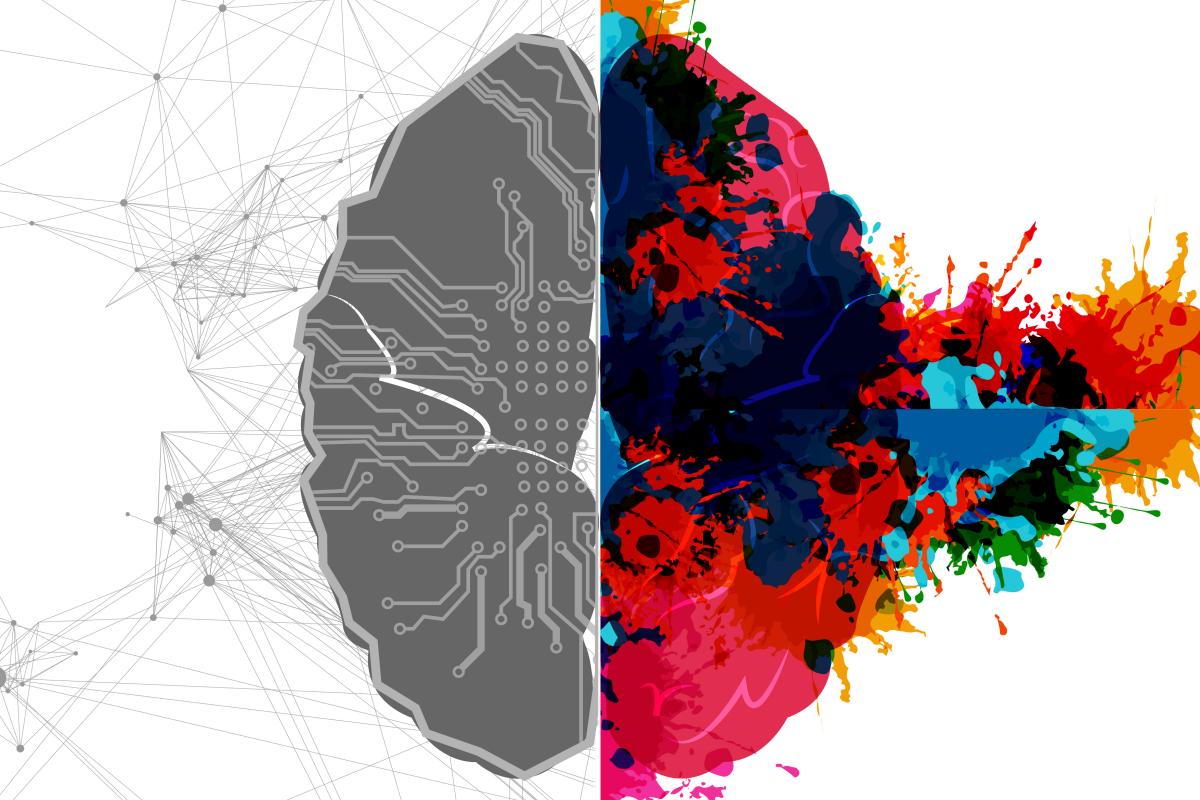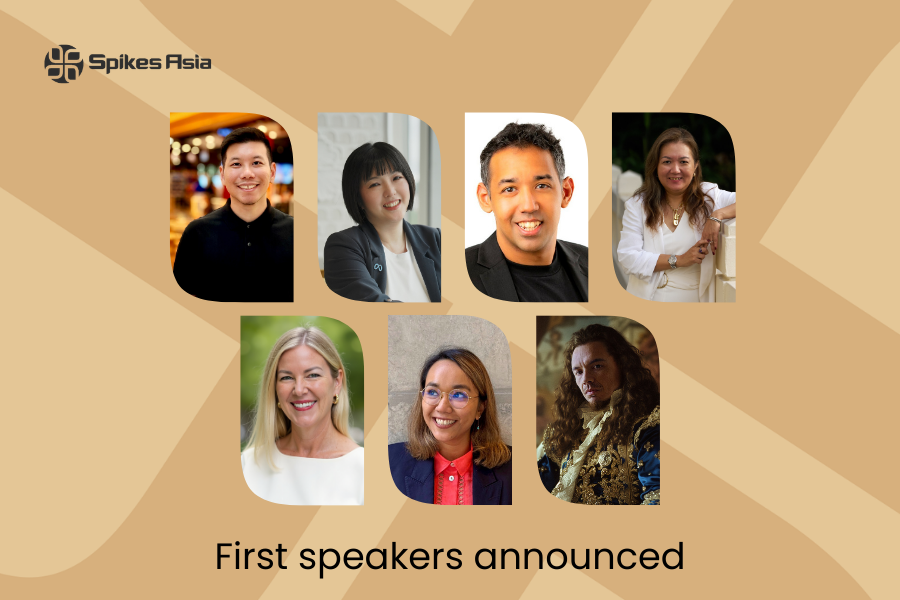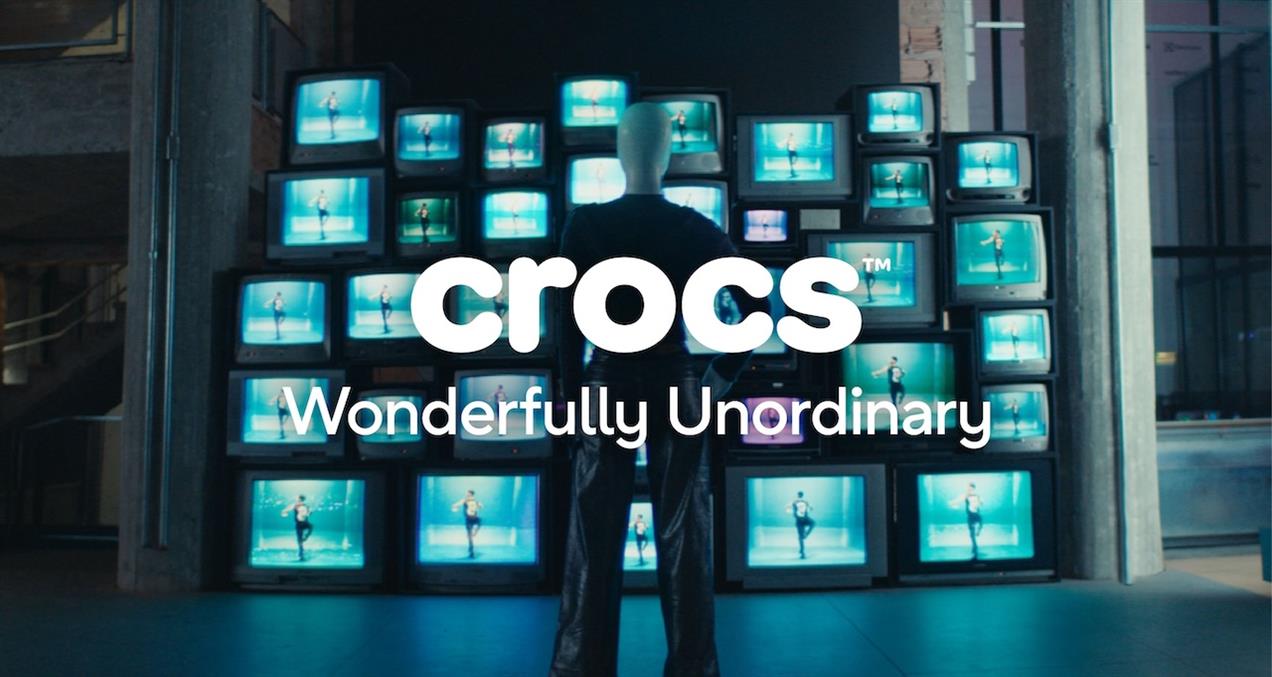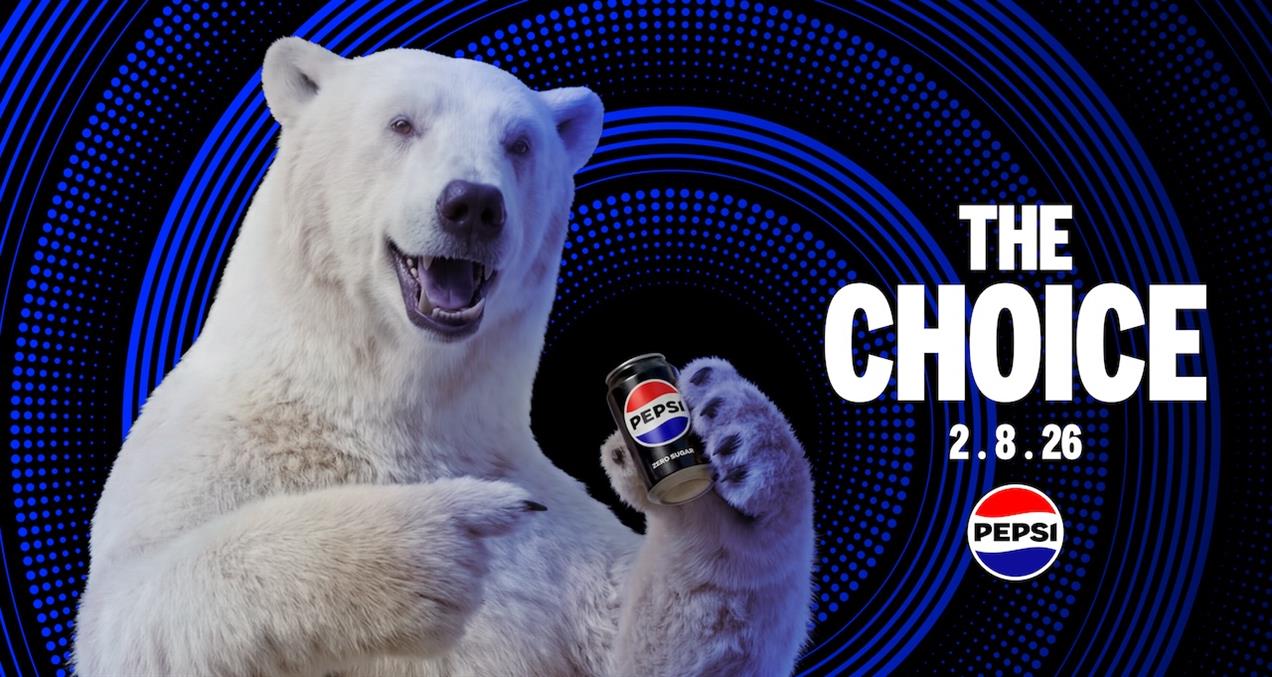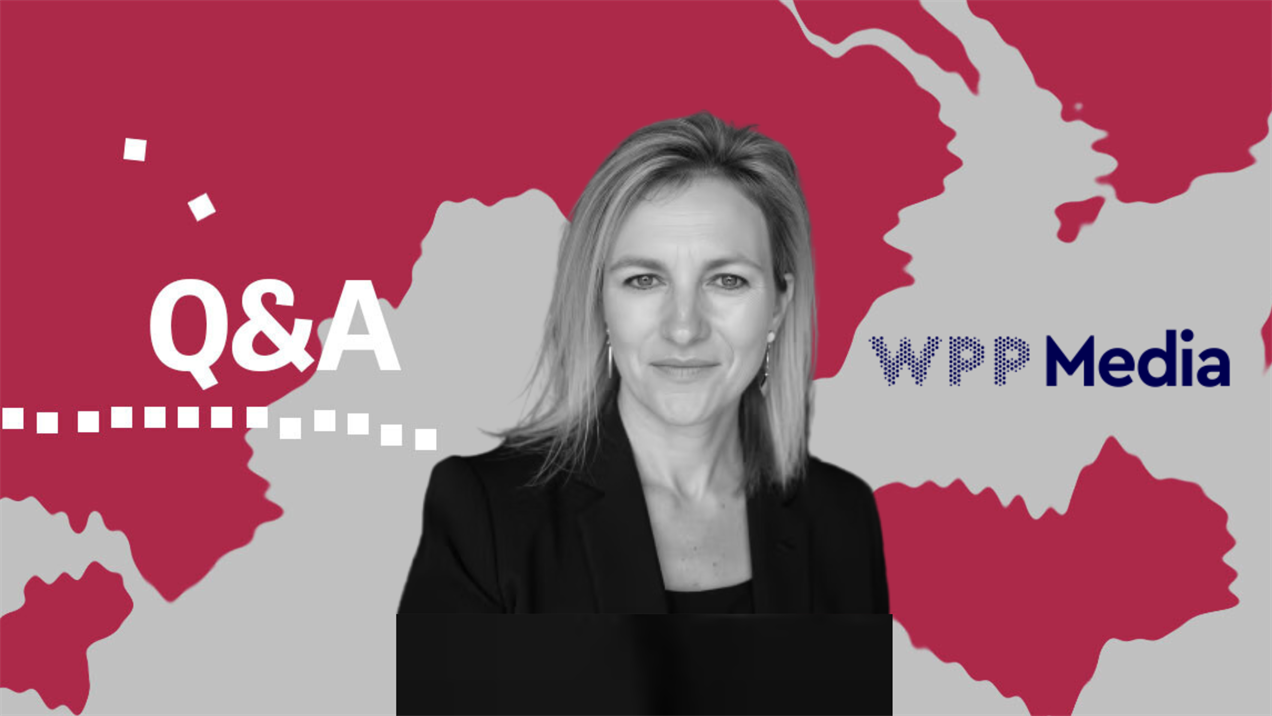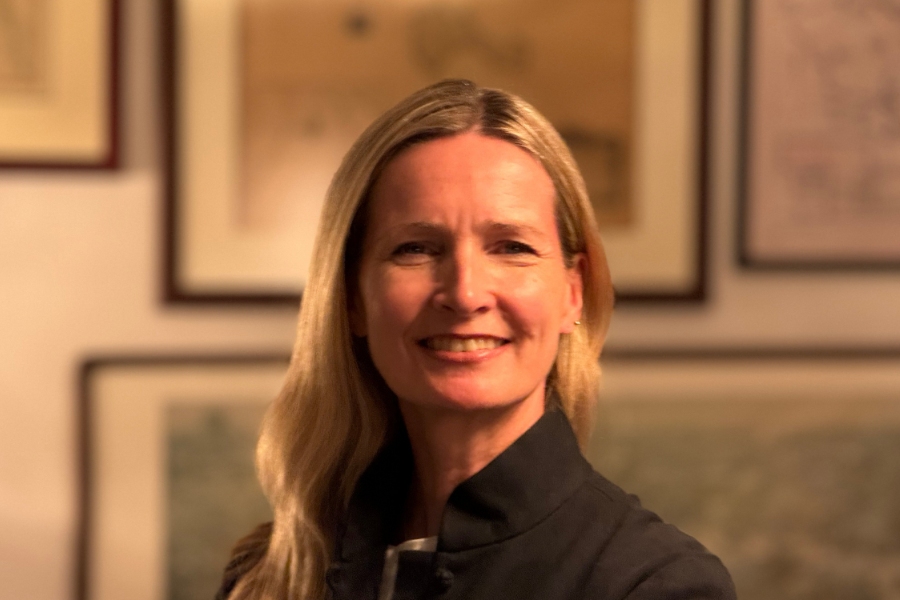My semi-brilliant advertising career taught me a little something about successful business people. Many are very uncomfortable with advertising. Many are terrible at evaluating advertising. I think there is an understandable reason for this.
Throughout our education and business training, and all during our careers, the most important skill in our toolkit has been the ability to think logically.
The ability to solve a problem is at the core of business success. Logic helped us be good students and good business people. It is critical if we're in finance or operations or distribution or management. The only function in business in which logic is not essential is the creative component of advertising. This is distressing to a great many very smart people who cannot accept that they can't think their way to advertising success. It goes against everything they've learned.
When it comes to evaluating advertising we put on our analyzing caps and try to apply our well-honed logic skills to figure out what's a good ad and what ain't. Sadly, an ad is not a court case. The best argument doesn't win. Logic is, to a frightening degree, irrelevant.
I don't know what makes an ad great, but I do know this—it's not logic.
Most of the really good ad people I worked with in my career had a difficult time explaining why they knew an ad was good. They had to invent rational reasons in order to sell good ads to clients, but they were bullshitting and faking it. Mostly they just knew, and didn't know how they knew.
Advertising is at the intersection of art and commerce. The commercial aspects of advertising—budgeting, media decisions, strategy, etc—require orderly thinking. But the creative (executional) aspect of advertising—the "art" side—is frustratingly immune to the benefits of reason. If creating advertising were simply a matter of developing a cogent argument (as many business people seem to believe) advertising would be easy.
One consequence of the bias toward logic is the trendy and mistaken belief that more data will lead us to greater creativity. This has proven to be an illusion. The marketing industry has never had anything approaching the amount of data we currently have. Yet it is a nearly unanimous belief among marketing execs that advertising is substantially less effective and less creative than it has traditionally been.
It may very well turn out that advertising success is way stranger and more complicated than logic would have us believe. That's part of what makes it fun.
Curve balls: Nothing about advertising is easy...
- There are times when logical arguments are effective in ads. One of the things that makes advertising fascinating is that there are no hard truths—just likelihoods and probabilities.
- Logical arguments tend to be more effective in direct response (offer-based) advertising than in brand advertising.
- Those brilliant creative people who just know when something is good? They can also be wrong. Get used to it.
Bob Hoffman is the author of several best-selling books about advertising, a popular international speaker on advertising and marketing, and the creator of 'The Ad Contrarian' newsletter, where this first appeared, and blog. Earlier in his career he was CEO of two independent agencies and the US operation of an international agency.


